Episode 143
How to Defeat the Enemy
“If you have a physical bible, just open it and start reading it. God will speak to you“ - Wesleyne
Genesis 3:1 to 4:
The serpent was the shrewdest of all the wild animals the Lord God had made. One day he asked the woman, “Did God really say you must not eat the fruit from any of the trees in the garden?” “Of course we may eat fruit from the trees in the garden,” the woman replied. “It’s only the fruit from the tree in the middle of the garden that we are not allowed to eat. God said, ‘You must not eat it or even touch it; if you do, you will die.’” “You won’t die!” the serpent replied to the woman.
Genesis 3:1-4 introduces us to one of the most pivotal moments in biblical history. The serpent, craftier than any other beast, poses a seemingly innocent question to Eve: "Did God really say, 'You must not eat from any tree in the garden'?" Eve responds, clarifying God's command and the consequences of disobedience. But the serpent retorts, "You will not certainly die." In just a few lines, we witness the birth of doubt, the challenge to divine authority, and the allure of forbidden knowledge. It's a dance of words, where truth is twisted and temptation takes root.
Today, you will learn about the profound impact of doubt and the danger of half-truths. The serpent doesn't outright deny God's command; instead, he subtly twists it, sowing seeds of uncertainty in Eve's heart. This teaches us the importance of discernment, of recognizing when truth is being manipulated, and of standing firm in our convictions. The story underscores the idea that temptation often doesn't come as a blatant call to do wrong, but as a whisper that makes us question what's right. It's a timeless lesson about the subtleties of deception and the importance of grounding oneself in truth and understanding.
Connect with Me:
Website - https://www.wesleyne.com/




